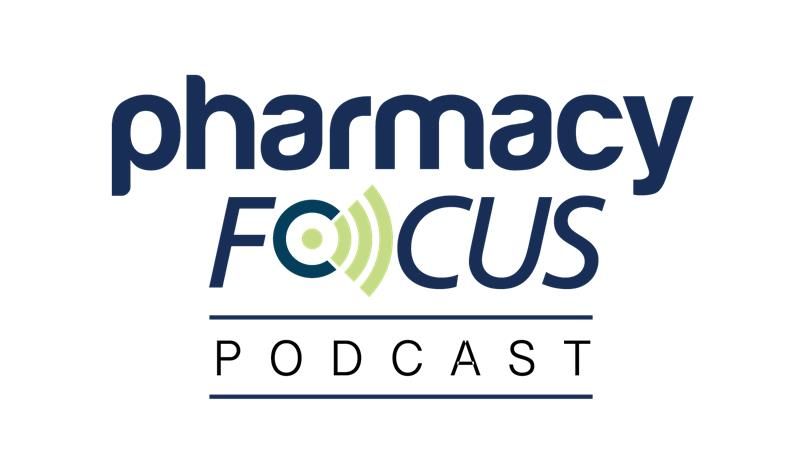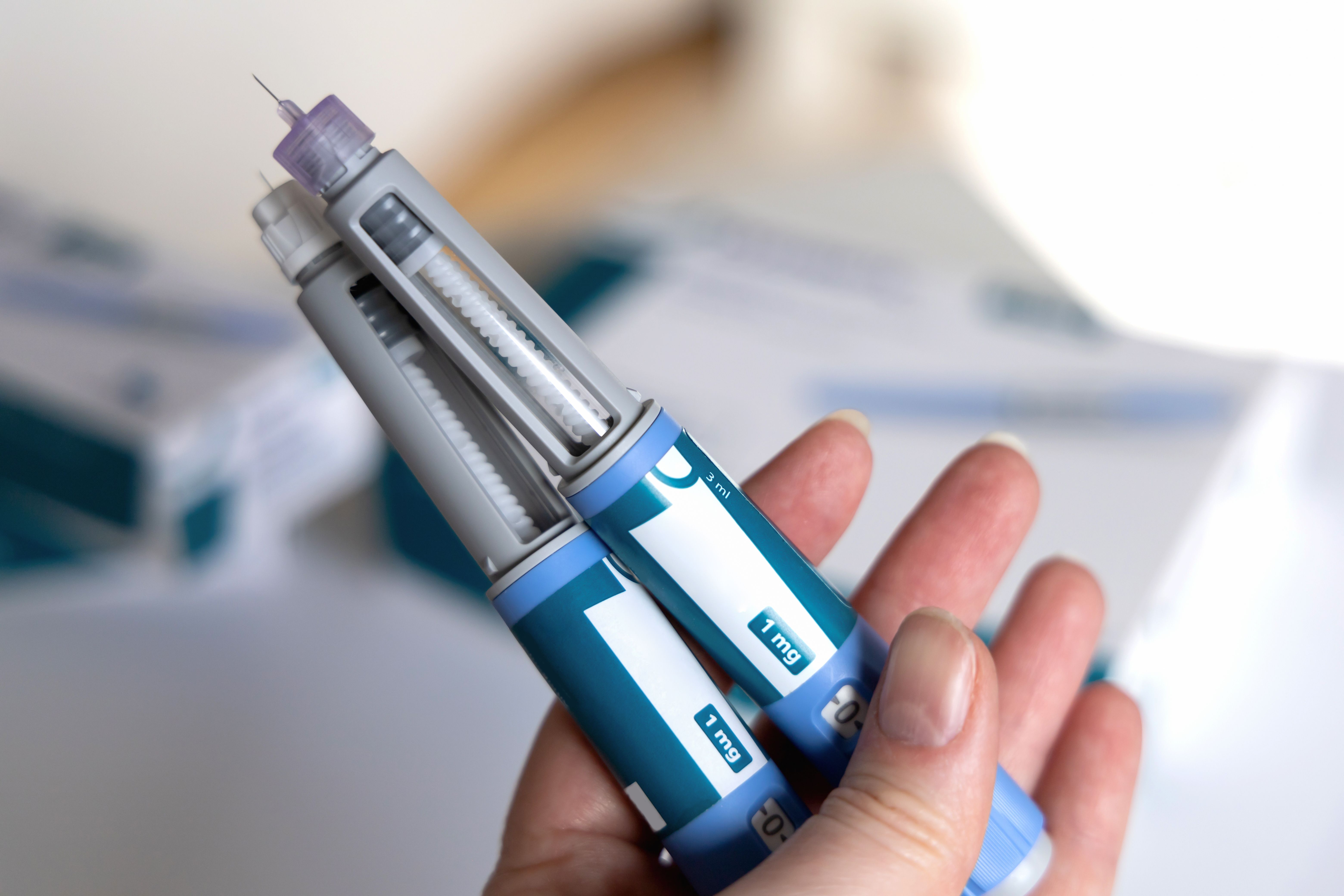Article
How Should Educators Deliver Diabetes Self-Management Education and Support?
Author(s):
Digital and in-person treatment approaches may improve diabetes self-management education and support.
Diabetes educators are tasked with delivering diabetes self-management education and support (DSEMS) to patients and overcoming significant hurdles to optimal outcomes. Challenges such as information overload, busy schedules, and short attention spans make it difficult for patients to receive the necessary information, according to a panel discussion at the American Association of Diabetes Educators meeting.
The presenters tackled different digital and in-person approaches that educators can take to ensure their patients are achieving optimal outcomes.
“At the individual level, the person in front of you benefits greatly by being in an effective program and getting the benefits of whatever approach is being used,” said Neal Kaufman MD, MPH, chief medical officer & co-founder at Canary Health. “But at a population level, the biggest challenges are how to be able to serve tens of thousands of people with programs that work, and how to get them to show up and participate.”
Another challenge for diabetes educators is how to inform patients that their condition may result in complications, comorbidities, and high costs if not properly managed.
“You slow the inexorable downhill slope of your chronic condition if you get engaged and have the self-efficacy to manage your life, your condition(s), your relationships and your emotions,” Dr Kaufman said. “Then you’ll do much better no matter what educational program you take.”
The Chronic Disease Self-Management Program (CDSMP) from Stanford University can be used to make significant and long-lasting patient outcomes through a fundamental and foundational approach to improving self-efficacy, according to the session.
“So, whether it is the CDSMP or one similar to it, a self-efficacy based framework is important for educators to consider offering it to their patients,” Dr Kaufman said. “The patient can’t become an expert in managing their diabetes in a 6-week time period, but they can become very committed to improve their health and feel competent and confident they will be able to do what is needed to improve their health and follow clinical orders.”
The other panelists agreed that digital approaches to delivering DSMES can be very effective and help patients with diabetes to adopt healthy behaviors.
“We know that managing diabetes is complex, and we know that we must provide education on nutrition, exercise, and medication,” said Jennifer Schneider, MD, MS, chief medical officer at Livongo Health. “The key is delivering bite-sized nuggets of information that are actionable, real-time, when and where people are engaged in order to create positive reinforcement and lifestyle modification. Technology makes this possible — and it’s happening today.”
The panelists all stated that pairing the right digital solution to the right patient will result in significant improvements, especially for those who live far from their healthcare providers, according to the session.
“Digital approaches also have the ability go to scale logistically much easier than in-person programs,” Dr Kaufman said. “The best digital programs transform evidence-based interventions which have been proven effective in-person. There are certainly advantages to the in-person approach but there are also advantages to the digital. Ideally, individuals have the opportunity to choose their delivery channel.”
Newsletter
Stay informed on drug updates, treatment guidelines, and pharmacy practice trends—subscribe to Pharmacy Times for weekly clinical insights.






